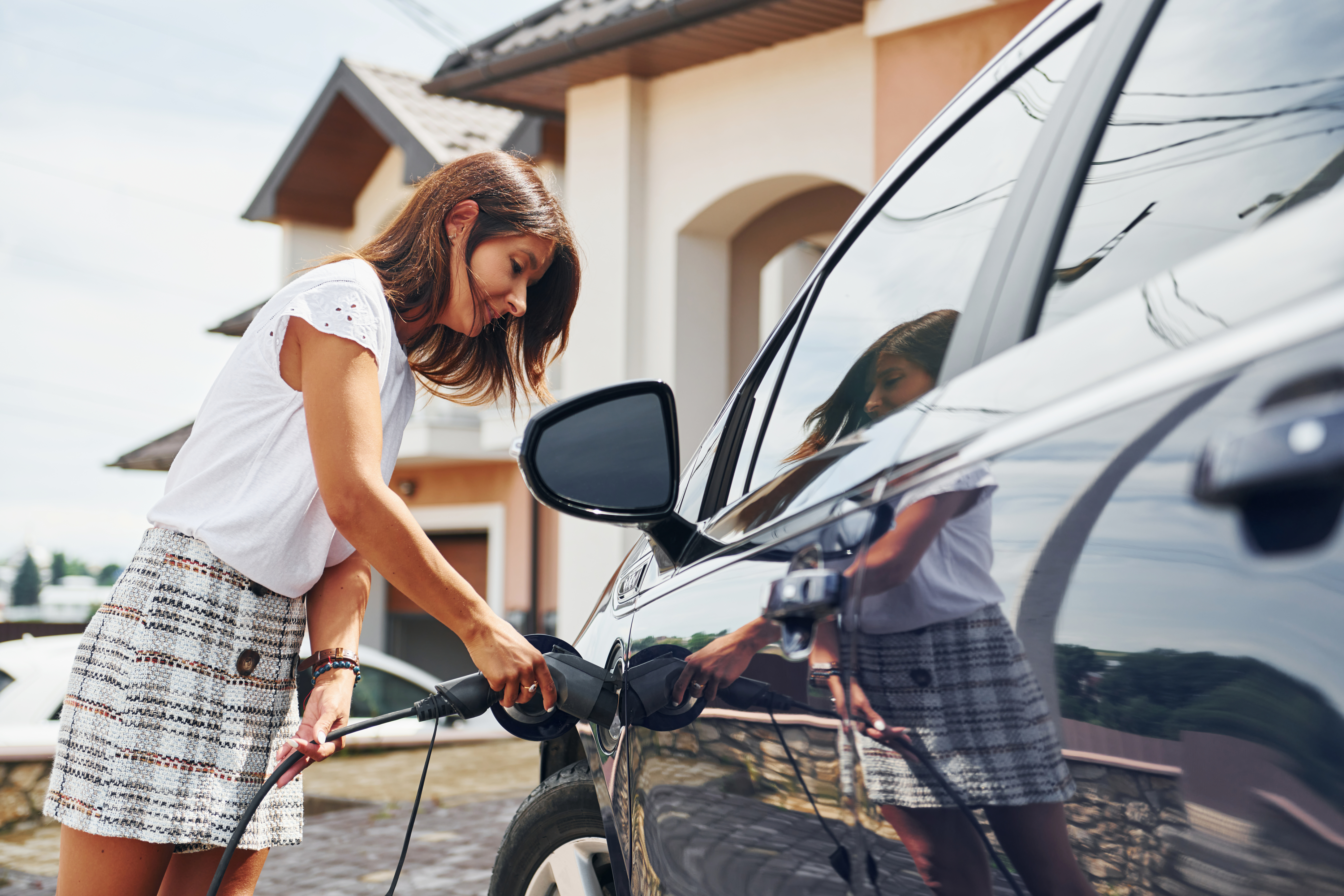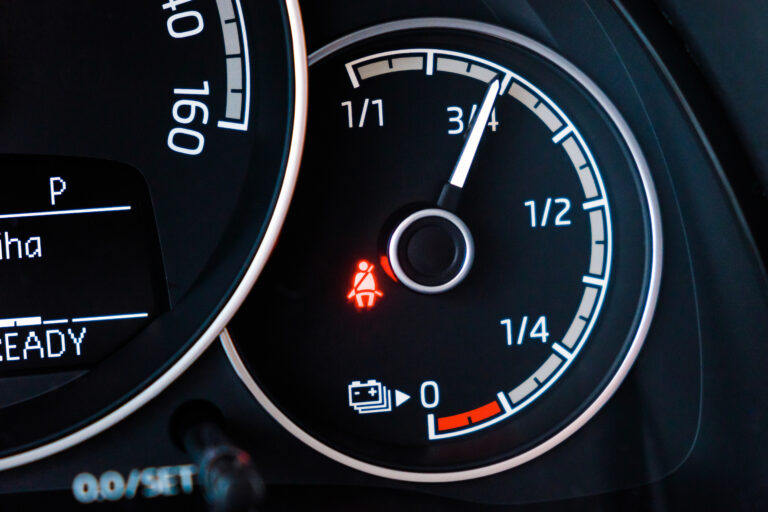If you’re thinking of buying an Electric Vehicle, there are several things you should consider, like its performance, maintenance, and overall benefits. At Auto TechGuard, we’ve gathered some ideas to consider before you make your decision.
1. Same Mileage, Less Cost, No Gas or Diesel
Electric Cars have become a trend thanks to their low fuel costs, affordability, and many benefits. A big reason why people are changing to EVs is that, while fuel costs have been fluctuating, energy costs vary very little.

2. Charging at Home and Even For Free
For many Electric Vehicle users, stopping at a charging station is a thing of the past. Nowadays, you can have your own charging station at home. Preparing your car for weekly activities can be as simple as getting home and plugging in your vehicle.
A standard house can fully charge an EV within 24 hours. But if you use a level 2 charger from your garage, you can have it fully charged in 20 hours. Some models can run up to more or less than 300 miles on a fully charged battery.
Aside from that, more charging stations are available across the country, which makes driving long distances with electric vehicles even more viable. The best part is most charging stations are free! It’s usually tricky to find where these stations are, but we got you.

3. An Environmental Favor
As concerns arise daily about our environment, electric car manufacturers have a point in their favor: Since EVs don’t use gas or diesel, they don’t produce pollutants such as carbon monoxide, carbon dioxide, and other greenhouse gasses. Meanwhile, according to the US Environmental Protection Agency, a traditional car produces at least 4.2 tons of carbon dioxide every 22-mile drive.
Nevertheless, your contribution to the environment may vary depending on the state you live in. Renewable energy sources are usual and increasing in the states of California, New York, and the Northwest. But states like Colorado, Kansas, and Missouri still depend on fossil fuel sources to generate electricity.
4. A Long Lasting (But Expensive) Investment
Believe it or not, buying an EV is cheaper than traditional cars. Even the pre-owned EVs that were driven with a few miles cost less. The best part is that you’ll save on energy and maintenance costs in the long run.
The only limitation is that the Vehicle Industry is still adapting to EV industrial production. Many companies require owners to pay a premium amount up-front before receiving a new vehicle.

5. Electric Batteries Are A New Factor to Consider
Like any other electric device, EVs have limitations determined by the charging meter and the battery’s state.
It may affect the battery status if the temperature is extremely cold or hot. Also, improper maintenance and full-throttle acceleration may damage your EV’s battery.
The batteries lose their ability to drive for longer distances as time pass. It may drain the battery faster, or there can be charging problems. If you own an EV and have noticed that the performance has declined, they need to be replaced.
Finding a charging station can be difficult if you think you’re running out of battery and haven’t reached your destination yet. And you can only reach 80% of the battery level if you use fast charging stations.

6. Maintenance is More Important Than Ever
We all know of someone that’s had a diesel vehicle that’s been through thick and thin for longer than no one’s ever expected. For Electric Vehicles to stand the test of time, maintenance is of the utmost importance.
Every day, more Electric Vehicles are designed to be resistant, powerful, and reliable. But as with any electrical device (with complex circuits and interdependent systems), maintenance is not just a recommendation. It is absolutely required to maintain its optimum performance.
But don’t worry, since Electronic Vehicles have fewer parts than conventional vehicles, they will only require periodic service. Electric cars require checkups every 7,500 miles. After this, they’ll need a thorough inspection of power inverters, brakes, accessories, and charging modules.
There are several other things to consider about EV maintenance, so before they get too confusing, you can give us a call, and we can explain the best way to approach them and how our protection services can make your life a whole lot easier.
